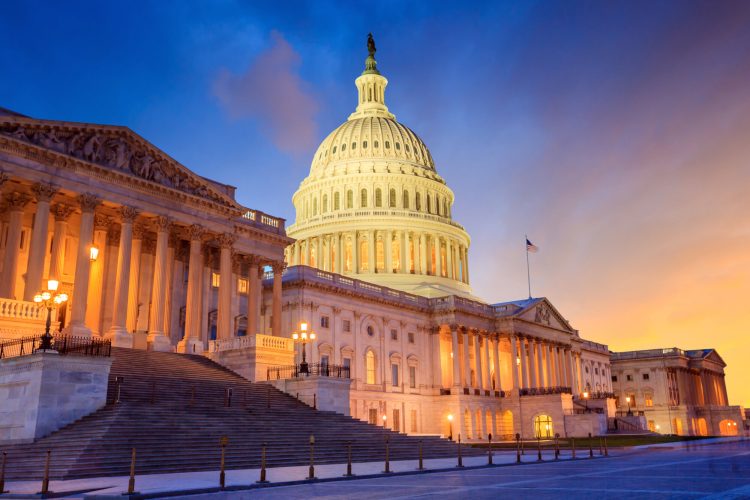This week on Facing the Future, we looked at some longer-term budget and economic issues that are crucial for understanding President Biden’s policy agenda and whether it would fully address the challenges ahead, Joining me for this discussion was Eugene Steuerle of the Urban Institute, one of the nation’s top experts on the budget, economic growth and taxes. Then we turned to Concord Coalition Policy Director Tori Gorman and Concord Coalition Chief Economist Steve Robinson for an explanation of the main issues holding up a bipartisan deal on infrastructure spending and why any such deal cannot be expected to pay for itself.
Steuerle explained that President Biden wants to devote more resources to children, families, education and infrastructure. “The complication in all this,” he said, “is when you get to budget analysis because the numbers haven’t added up for years, even decades, and that’s the gigantic constraint that the president is facing. Without the ability to ask the public to give up something in the way of lower taxes or benefit growth rates, it’s very hard to make all of this come together.”
The problem, Steuerle said, is that revenue growth, which mostly comes from economic growth, is already pre-committed to existing benefit programs that are projected to continue growing faster than the economy, mostly for Social Security and health care.
Looking over the past 80 years, Steuerle has found that from the end of World War II to 1980 we devoted about 40 percent of real (inflation-adjusted) federal spending growth to Social Security and health care. But from 1980 to 2020, we devoted about 80 percent of real spending growth to those items.
“What’s gotten squeezed out,” Steuerle said, “ is investments in the young and in workers.”
Turning to the troublesome infrastructure negotiations, Gorman said that talks have stalled on three major fronts: How much to spend, what to spend it on, and how to pay for it.
“When you look at these three big themes, you can see how the two parties are really far apart and it’s hard to see whether either one of them is going to be able to move closer toward the middle and come up with a deal that will be bipartisan. You have to wonder whether or not Democrats are eventually going to get tired of the negotiating game and just move toward a reconciliation approach where they can pass legislation on a single-party vote,” Gorman said.
Robinson, who recently wrote a Concord Coalition issue brief called In Search of the Proverbial “Free Lunch” explained that not all infrastructure spending gets the same economic return.
“We built the interstate highway system and obviously that improved the economy because we were able to transport goods and services more efficiently and less costly. But if we were to say ‘gee, lets build another interstate highway system,’ at the margin, an additional road of interstate is not nearly as help as the first road of interstate.”
Hear both interviews on Facing the Future. I host the program each week on WKXL, NHTalkRadio.com (N.H.), and it is also available via podcast. Join me and my guests as we discuss issues relating to national fiscal policy with budget experts, industry leaders, and elected officials. Past broadcasts are available here. You can subscribe to the podcast on Spotify, Pandora, iTunes, Google Podcasts, Stitcher or with an RSS feed. Follow Facing the Future on Facebook, and watch videos from past episodes on The Concord Coalition YouTube channel.
Continue Reading










